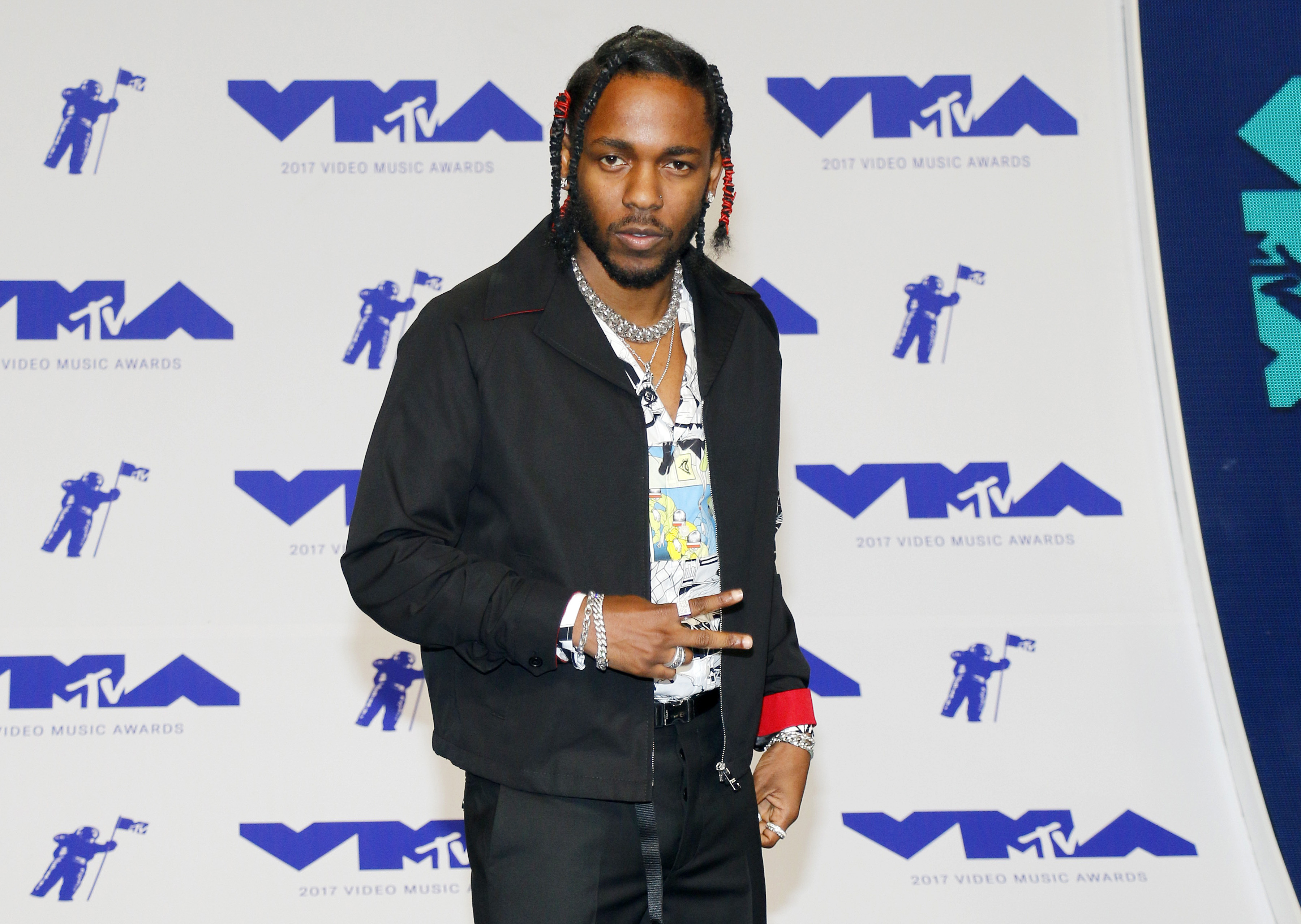As we celebrate Black History Month, we want to highlight Kendrick Lamar for his openness about his mental health journey.

As we celebrate Black History Month, we want to spotlight outstanding Black figures who’ve made their mark with their talents and shown us the power of being real about their lives and mental health journeys.
These Black artists, dancers, and actors are open about who they are, flaws and all, and they teach us valuable lessons.
They remind us that it’s totally okay and normal to face tough times and challenges no matter who you are. Life isn’t always smooth sailing, and that’s alright.
They highlight the importance of seeking help when it comes to mental health. Reaching out for support is a sign of strength, not weakness.
They remind us that speaking up and standing for your beliefs can positively change the world.
We hope these stories inspire you from these artists’ actions and the words they want you to hear.
You’re not alone in your journey; just like them, you can overcome anything with determination and resilience.
Kendrick Lamar is renowned for his profound lyrical commentary on social issues and his significant impact on music and culture. His work, which earned him the distinction of being the first rapper to receive the Pulitzer Prize in music, resonates deeply with generations.
Kendrick’s artistry extends beyond entertainment; it’s a powerful medium for addressing systemic inequalities and sparking meaningful discourse.
Kendrick’s art confronts racial injustice head-on while celebrating marginalized communities’ resilience and perseverance. He said that he wrote the first draft of one of his angriest songs, “The Blacker the Berry,” after Trayvon Martin was shot dead by George Zimmerman.
“These are issues that if you come from that environment it’s inevitable to speak on. It’s already in your blood because I am Trayvon Martin, you know. I’m all of these kids. It’s already implanted in your brain to come out your mouth as soon as you’ve seen it on the TV. I had that track way before that, from the beginning to the end, and the incident just snapped it for me.”
Kendrick spoke to The Guardian
He is a voice for those in his community, offering wisdom and guidance for young Black individuals navigating the realities of life in America. His experiences growing up in Compton have profoundly influenced his work.
“The majority of my interactions with police were not good. There were a few good ones who were actually protecting the community. But then you have ones from the Valley. They never met me in their life, but since I’m a kid in basketball shorts and a white T-shirt, they wanna slam me on the hood of the car. Sixteen years old.” Kendrick spoke to Genius
Through his music, Kendrick Lamar has shed light on mental health, particularly within the context of the African American experience. His lyrics provide a window into personal and community struggles, exploring the profound psychological impacts of systemic inequality and the resulting trauma. Lamar’s candidness in his music and interviews offers invaluable insights into the complexities of mental health in marginalized communities.
He spoke of how he sometimes reacts to loud noises due to where he grew up.
“I don’t know if somebody threw a rocket at a trash can or what, but it made a loud-ass popping sound and everybody who was in the car with me ducked,” he remembers.“The instinct to get out the way when you hear a popping sound, that’s real for me. I’m sure it’s real for a lot of artists who grew up in neighborhoods like that.”
Kendrick also speaks about the impact of survivor’s guilt on his life compared to those back home who don’t make it.
“Three of my homeboys [one] summertime was murdered, close ones too, not just somebody that I hear about. These [are] people I grew up with. It all, psychologically, it messes your brain up,” Kendrick said.
“You live in this life, you know what I’m saying, but you still have to face realities of this. I gotta get back off that tour bus and go to these funerals…”
We hope these stories inspire you, just like these athletes inspire us. Remember, you’re not alone in your journey. With determination and resilience, you can overcome anything.
‘Head in the Game’ is here to help support young peoples mental health. To learn more about the ‘Head in the Game’ program click here. Young people can also explore resources to support their mental wellbeing by clicking here.